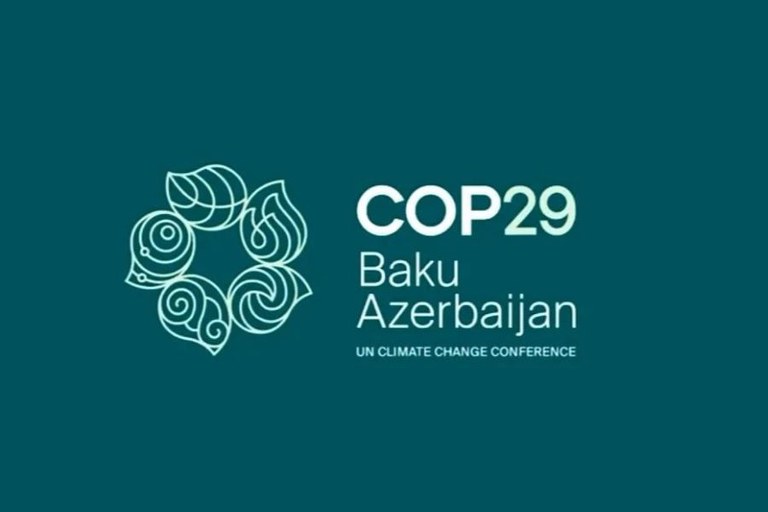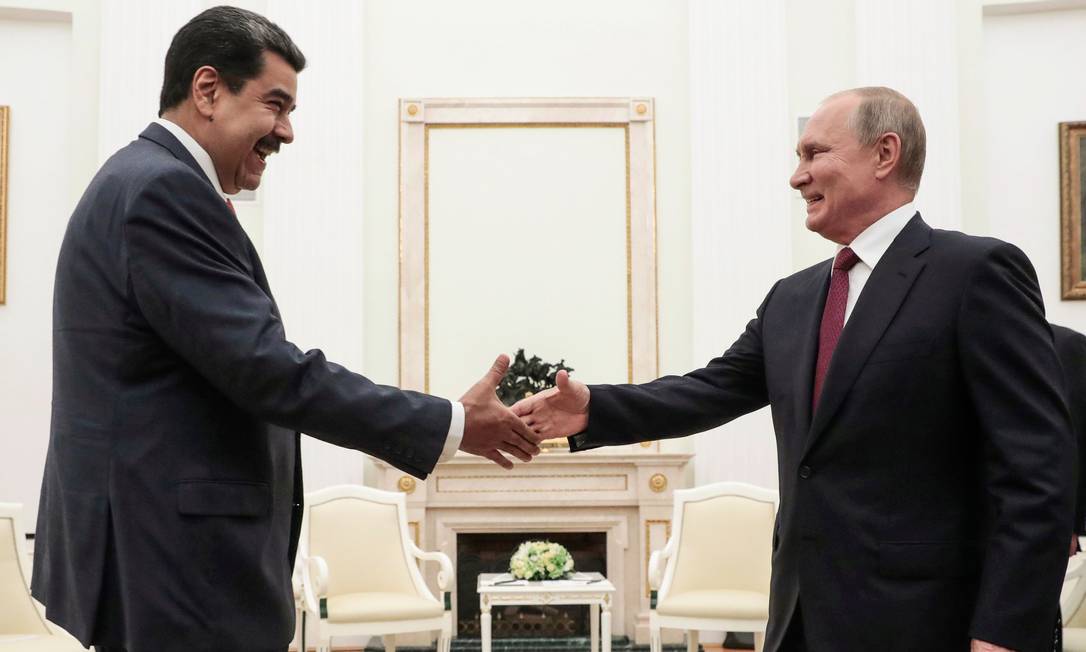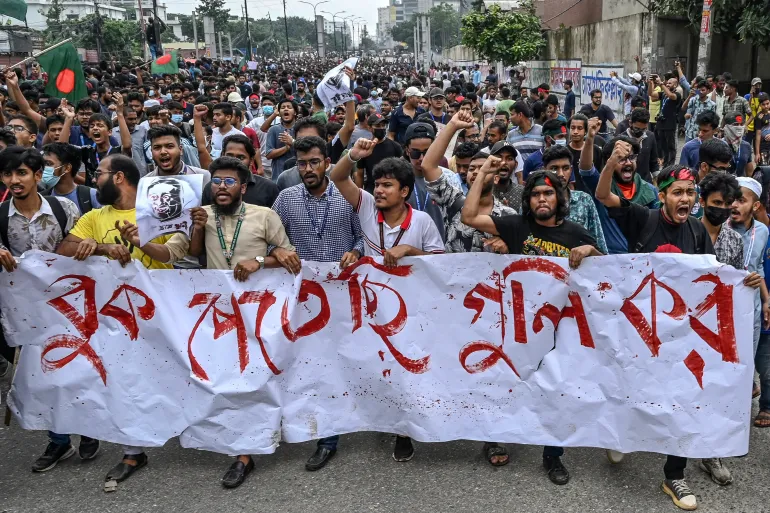The 29th United Nations Climate Change Conference (COP29), taking place in Baku, Azerbaijan, has drawn global attention as leaders, scientists, and activists tackle the escalating climate crisis. The event has become a platform for addressing key issues like climate-induced migration, the role of education in sustainable development, and the inclusion of marginalized voices in climate policies.
The topic of climate migration is among the most pressing ones. Every year, natural disasters such as harsh weather and increasing sea levels force millions of people to relocate. Countries are struggling with how to include migration in their national and global climate policies. Small island nations like Bangladesh, for instance, have demanded the establishment of a global climate solidarity fund to aid impacted communities. Several European countries have shown interest in supporting this initiative, which could help people rebuild their lives after being forced to leave their homes.
Climate education should be given top priority in national curricula, according to groups like UNESCO. Leaders want to encourage creativity and resilience by giving youth the information and abilities they need to address environmental issues. In order to encourage future generations to take action, proposals have been made to use a share of climate financing to support educational initiatives that emphasize climate adaptation and sustainable practices.
The integration of Indigenous perspectives in international climate negotiations is another crucial issue at COP29. Indigenous groups, who frequently experience the consequences of climate change first, contribute special traditional knowledge that supports contemporary scientists in protecting biodiversity and halting environmental deterioration. In order to guarantee that these communities have a voice in decision-making, representatives are working to have their rights specifically addressed in agreements.
Even though COP29 saw some advancements, such as increased expenditures in renewable energy and plans for new funding programs, detractors contend that the rate of progress is still too slow to reach the goals of the Paris Agreement. Concerns have also been expressed by activists regarding the absence of accountability for countries who do not fulfill their pledges to reduce emissions.
The discussions at COP29 clearly demonstrate the complexities of addressing climate change but also emphasize the importance of collaboration and innovation. Decisions made here will shape global policies for years to come, influencing efforts to create a sustainable future for all.



